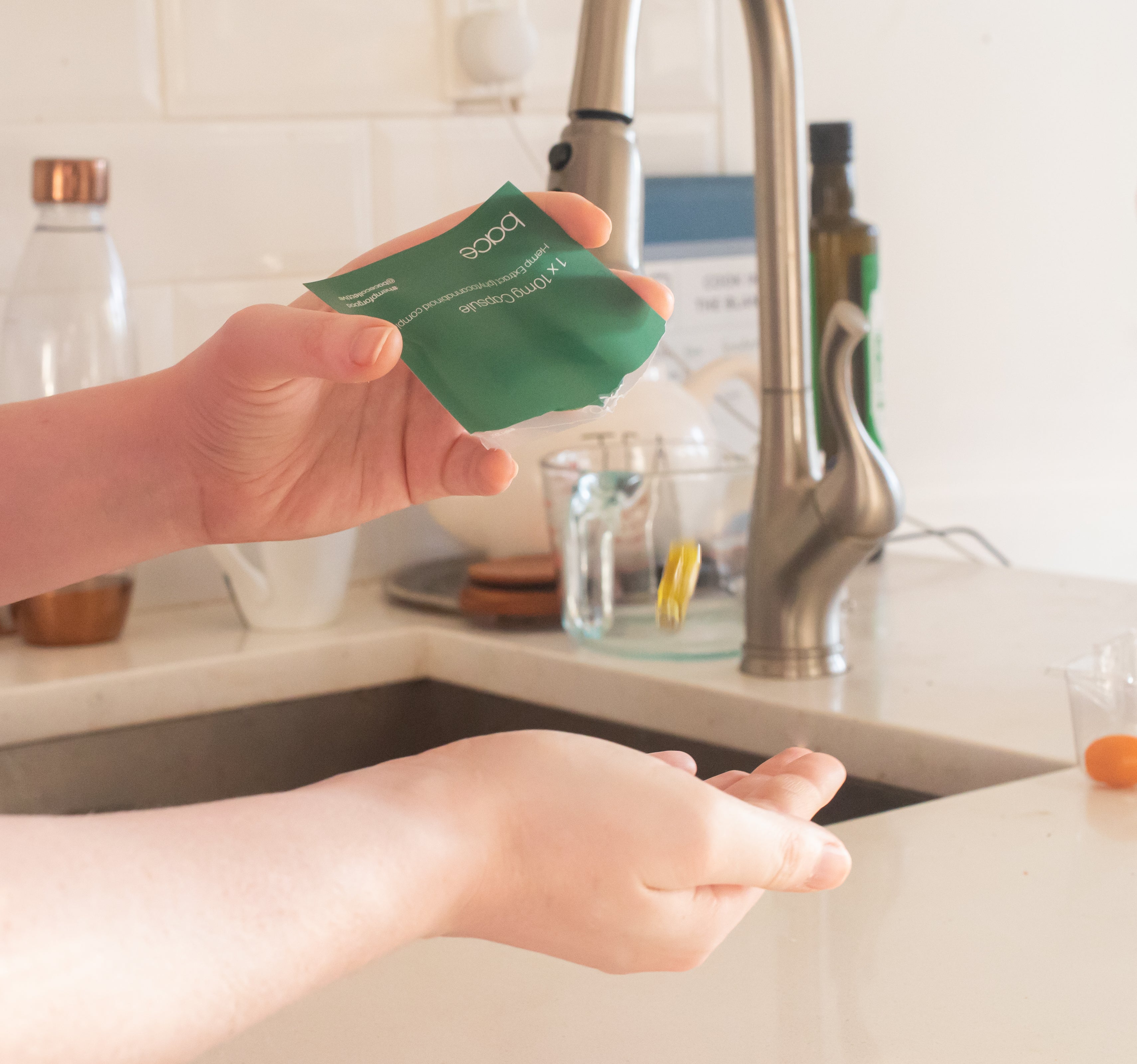We understand how the world of hemp terminology is confusing, but don’t worry. It’s not your fault! Since the hemp industry is relatively new, there are many terms like “CBD,” “cannabis,” or even “hemp” that seem like the same thing, but they’re not.
“I’ve heard about CBD, but what exactly is hemp?”
In short, when most people say “CBD,” they’re actually referring to hemp. The problem with this is that hemp and CBD are two different concepts entirely, so it’s important to learn the difference between them.
What is hemp?
The word “hemp” is officially defined by the U.S. 2018 Farm Bill as:
“... The plant Cannabis sativa L. and any part of that plant, including the seeds thereof and all derivatives, extracts, cannabinoids, isomers, acids, salts, and salts of isomers, whether growing or not, with a delta-9 tetrahydrocannabinol concentration of not more than 0.3 percent on a dry weight basis.”
That same Farm Bill declassified hemp as a schedule 1 drug so long as the dry hemp plant contains less than 0.3% THC. Any product of C. sativa L. with a THC concentration greater than 0.3% is considered “marijuana.”
What is CBD?
Hemp contains terpenes, flavonoids, and cannabinoids. There are over 100 different cannabinoids in hemp, and CBD is simply one of them. Bace Collective capsules are not made from CBD, they’re made from hemp extract that contains the broad spectrum of hemp’s compounds including CBD.
The term “CBD” is an unofficial title given by hemp brands, but it’s actually an abbreviation for cannabidiol, a cannabinoid found in hemp. CBD is a “phytocannabinoid,” which is a fancy term for a cannabinoid created by hemp plants. Cannabinoids produced by humans are called “endocannabinoids.”
Why do we use the term hemp instead of CBD?
For starters, using the term “hemp” is more accurate than “CBD.” We sell hemp extract, not just CBD.
Secondly, hemp actually contains much more than just CBD. As mentioned before, there are over 100 different cannabinoids in hemp such as CBC, CBGA, and CBN. Hemp extract also contains many other terpenes and flavonoids, but we’ll explain those later on.
Researchers are still investigating each cannabinoid for individual therapeutic benefits, but it’s important to recognize how there are many cannabinoids present in hemp extract outside of CBD.
Related terms for CBD vs. Hemp
Cannabis sativa L.: A subspecies of Cannabis that contains 0.3% or less of THC. Also known as HEMP. Cannabis sativa plants contain cannabinoids, terpenes, flavonoids, and other plant fats and chemicals.
Industrial Hemp: Another name for Cannabis sativa L. Industrial hemp produces materials to create fiber and grain products.
CBD Isolate: The isolated oil that only contains CBD. Additional cannabinoids, terpenes, and flavonoids are absent from CBD isolate.
Full-Spectrum CBD: This was a term the industry created to differentiate this oil from CBD Isolate, and to say, "hey, this has more than just CBD in it!" More accurately, people are actually referring to Full-Spectrum Hemp Extract. When it is truly full spectrum, the oil should contain cannabinoids such as CBD, CBG, CBC, CBDV (or others), and trace amounts of THC (less than .3%). True full-spectrum oil also provides natural hemp terpenes such as, but not only, Alpha-Bisabolol, Beta-Caryophyllene, Alpha-Humulene, Beta-Myrcene, and d-Limonene.
Broad-Spectrum CBD: You may have heard of this marketed as products containing 0% THC. While in theory this is the case, it's actually really difficult to remove all traces of THC. Products labeled as broad-spectrum go through an extra refining step to try to isolate and remove the trace THC, but depending on the method of removal and testing, not all of it can be taken out. Of course, the potency results also depend on the type of 3rd party test, and the degree to which it's tested.






